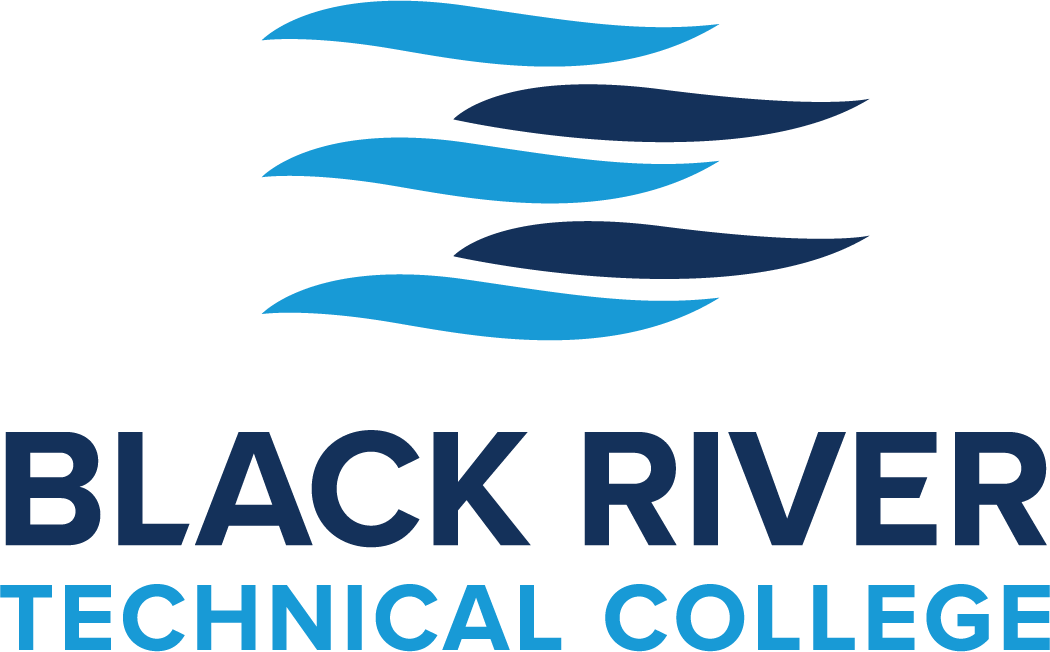Apprenticeship: What is it?
Apprenticeship is a structured system of training, designed to prepare individuals for occupations in skilled trades and crafts. Apprenticeship combines related classroom instruction with on-the-job training under the supervision of experienced and licensed workers.
Apprenticeship: What does it offer?
Workers who complete apprenticeship training programs can expect to hold good jobs at good pay! Their skills are a source of personal satisfaction, as well as employment security. Statistics show that apprentices earn higher wages, have more stable work records, and are promoted sooner and more often than un-trained workers.
How will an Apprenticeship Program help Employers?
If employers need trained workers now and in the future, they can benefit from an apprenticeship program. It is proven that apprentices are more motivated, learn their jobs faster, remain loyal to the employer who aided their training, and are more likely to become supervisors than workers trained in alternate ways. The beginning wages for an apprentice are approximately 40 to 50 percent of those earned by skilled workers. Wages are paid in proportion to the skills and abilities of the apprentice. The apprentice begins earning approximately half the wages of workers fully trained in the occupation.
BRTC Electrical Apprentice Requirements
- Must be employed and work under an industrial engineer or licensed master electrician (in order to attain the required on-the-job (OJT) learning hours)
- Complete requirements for training and work experience in the amount of time designated by the state for each license
- Complete registration requirements with BRTC
Curriculum
[wpteam id="57215"]
